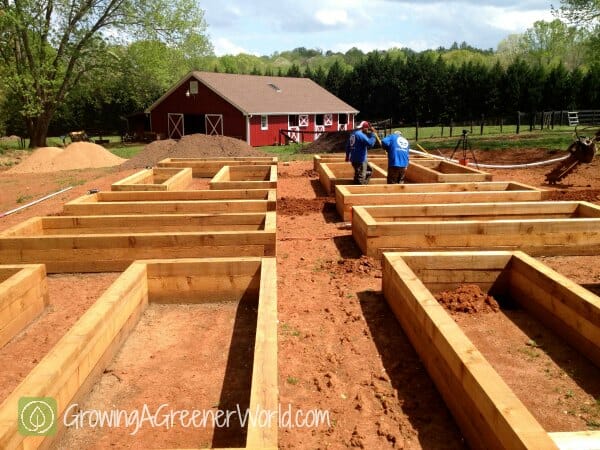

‘WE ALL MAKE MISTAKES,’ public-TV host Joe Lamp’l of “Rising a Greener World” said after we chatted on my radio current. Oh, isn’t that the fact. Luckily the misstep Joe revealed—how he fell prey to “killer compost” that contained persistent herbicides—was offset by a check out most likely essentially the most enviable of vegetable-garden designs. Learn how to assemble the ultimate phrase raised-bed yard (wait until you see Joe’s new construction!) and recommendations on the right way to steer clear of inadvertently bringing in compost or compost parts that will do additional harm than good. A contact: Animal manures might be troublesome enterprise.
joe lamp’l’s new yard plan
IT WAS TIME for “Rising a Greener World” to have a home “set” for a number of of its episodes, and Joe’s Atlanta farm was the correct website online. An entire of 16 enormous raised beds—most of them 4 ft by 12 ft by 18 inches extreme, organized in an area that’s 74 by 40—had been unique of untreated cedar 6-by-6’s (image up excessive). Paths of 4 ft had been left between most beds (with a bit additional clearance between the outer beds and the perimeter deer fence). Up to now, so good.
You’ll see your full design and assemble on this episode of “Rising a Greener World.” Put collectively to be jealous—and impressed. (It is also doable to observe my customer look on the current on this episode!)
Tubing for a drip-irrigation system was put in sooner than the beds had been filled with 80 % soil and 20 % compost. And that’s when points took somewhat little bit of a incorrect flip, a minimum of shortly.


the ‘killer compost’ phenomenon
AS WITH MOST yard bloopers—my many ones by means of the years included–making an attempt to hurry points alongside prompted this one, Joe says.
In his haste to get his new yard going inside the spring, he eyed “the massive manure pile” contributed to by his horses, goats and chickens (that’s Joe with thought of considered one of them, above). What he observed was a provide of potential soil modification—seemingly wonderful supplies to mix with the rigorously chosen topsoil he’d be bringing in to fill most of each of those new beds.
Other than one issue—one issue he knew about, nevertheless pushed out of his ideas.
“I’m acutely aware of the potential hazards of using manure to amend yard soil,” he wrote in a present story about “killer compost” (study it at this hyperlink—an precise eye-opener). “I had been warning of us as I converse throughout the nation about this opportunity,” says Joe, a frequent lecturer and creator, alongside along with his TV operate.
“Some herbicides used to manage weeds in farm fields persist for a very very very long time.” Even worse, they don’t readily break down, similtaneously composted manure. Nonetheless, he says: “I talked myself into it—and into the yard beds it went.”
After incorporating the composted manure, Joe planted tomatoes and completely different greens. Pretty quickly, the crops didn’t look correct: cupping of their leaves, and what he describes as “no apical dominance” (no clear lead rising degree shifting within the applicable upward course, and the side shoots making an attempt to take over).
He knew instantly what had occurred: Persistent herbicides on the fodder he’d fed his animals had made it by the use of the compost course of. He quickly confirmed alongside along with his hay supplier, who like completely different farmers had definitely used the chemical compounds to rid his fields of broadleaf weeds.
The producers formulated these chemical compounds to closing a really very long time, to produce farmers numerous seasons of security in opposition to the broadleaf weeds.
“The composting course of isn’t going to interrupt it down,” says Joe, who gives: “The strategy takes from months to numerous years,” and is likely to be slower inside the compost heap, an anaerobic environment. Yikes.
avoiding ‘killer compost’
OkayILLER COMPOST ensuing from persistent herbicides simply is not a model new phenomenon. The US Composting Council says:
“We’re notably concerned with the comparatively new class of herbicides known as ‘pyridine-carboxylic acids’. They’re often designed for use in hayfields, horse pastures, golf packages, right-of-ways, and lawns to kill off undesirable weeds and to remain environment friendly for numerous months to years. These herbicides do not affect grasses.
“There are a choice of compounds that fall into the category of persistent herbicides. In all probability essentially the most prevalent are Clopyralid (Dow Agrosciences), Aminopyralid (Dow Agrosciences, 2005), Aminocyclopyrachlor (DuPont, 2010), and Picloram (Dow Agrosciences). A lot much less prevalent compounds within the an identical class embody fluroxypyr, dopyralid, and triclopyr. Lots of these compounds appear on labels in only completely completely different variations making identification by the untrained applicator or a testing lab powerful.”
Joe’s hay provide had used Grazon, notably, a commerce title for a product containing Picloram.
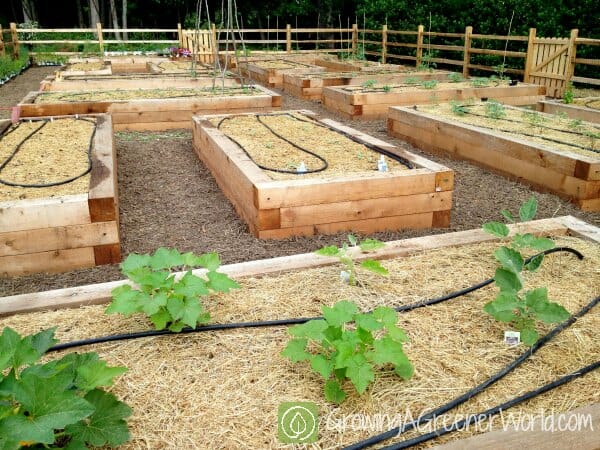

joe’s plan to remediate his soil
JOE LAMP’L began instantly to try to undo the lingering outcomes of the herbicides. Everyone said to remove the entire soil, nevertheless that appeared a heroic exercise—financially and labor-wise.
He as an alternative turned the soil (to point out the remaining compounds to sunlight and further oxygen, to help tempo the strategy of decomposition). He planted cowl crops, and though commonplace data about this says it’s a must to pull them (on account of they may have absorbed numerous the residue), he’s turning his “inexperienced manure” in in order so as to add bulk and hopefully offset the residues.
He is already seeing enchancment: later crops did considerably higher.
His best advice, though: Take a second! Ask sooner than you usher in any raw provides that may have been sprayed with persistent herbicides–manures, hay bales, bagged grass clippings from uncertain sources. Prevention is easier than the prolonged technique of remediation. Additional help:
joe lamp’l visits my yard: watch us!
JACK AND I AND OUR GARDEN had been the subject of an episode of the “Rising a Greener World” public-television program. I hope you may watch–and share the hyperlink after you do. Watch Joe’s go to to our place now. Be taught his behind-the-scenes account of our two days collectively.
select the podcast mannequin of the current?

 MY WEEKLY public-radio current, rated a “top-5 yard podcast” by “The Guardian” newspaper inside the UK, began its seventh 12 months in March 2016. In 2016, the current acquired three silver medals for excellence from the Yard Writers Affiliation. It’s produced at Robin Hood Radio, the smallest NPR station inside the nation. Concentrate regionally inside the Hudson Valley (NY)-Berkshires (MA)-Litchfield Hills (CT) Mondays at 8:30 AM Jap, rerun at 8:30 Saturdays. You’ll subscribe to all future editions on iTunes or Stitcher (and browse my archive of podcasts proper right here).
MY WEEKLY public-radio current, rated a “top-5 yard podcast” by “The Guardian” newspaper inside the UK, began its seventh 12 months in March 2016. In 2016, the current acquired three silver medals for excellence from the Yard Writers Affiliation. It’s produced at Robin Hood Radio, the smallest NPR station inside the nation. Concentrate regionally inside the Hudson Valley (NY)-Berkshires (MA)-Litchfield Hills (CT) Mondays at 8:30 AM Jap, rerun at 8:30 Saturdays. You’ll subscribe to all future editions on iTunes or Stitcher (and browse my archive of podcasts proper right here).
(All pictures courtesy of Rising a Greener World television.)
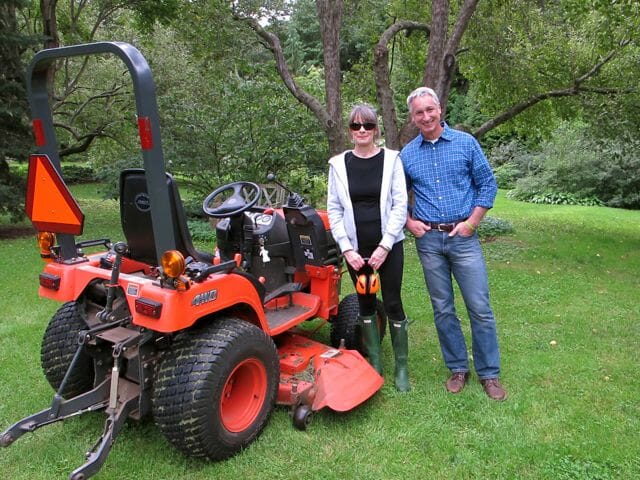
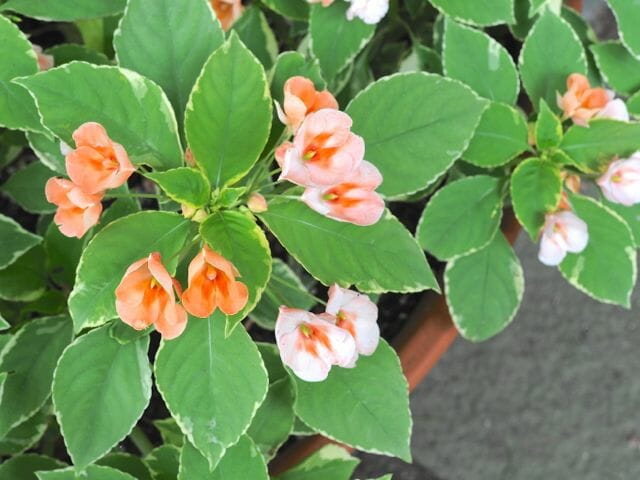
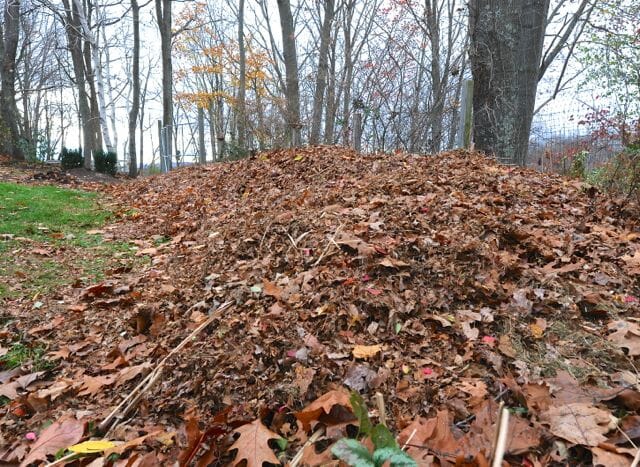
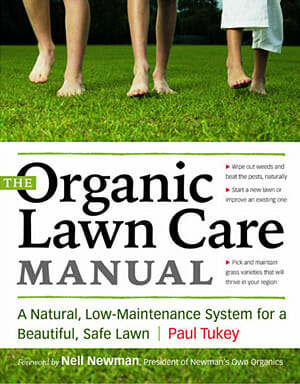
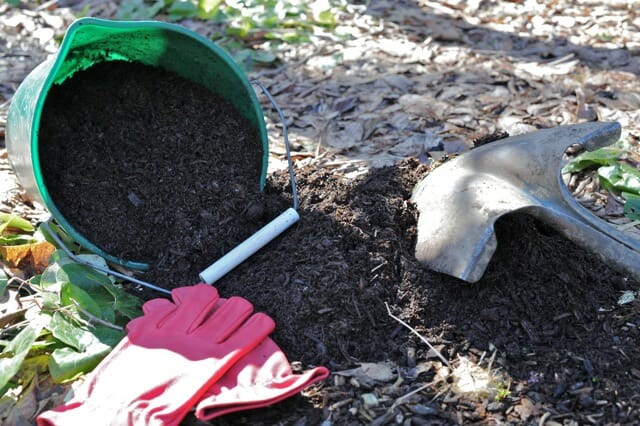

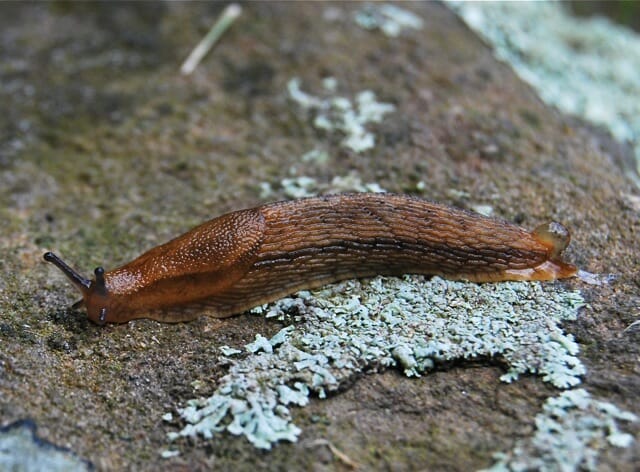
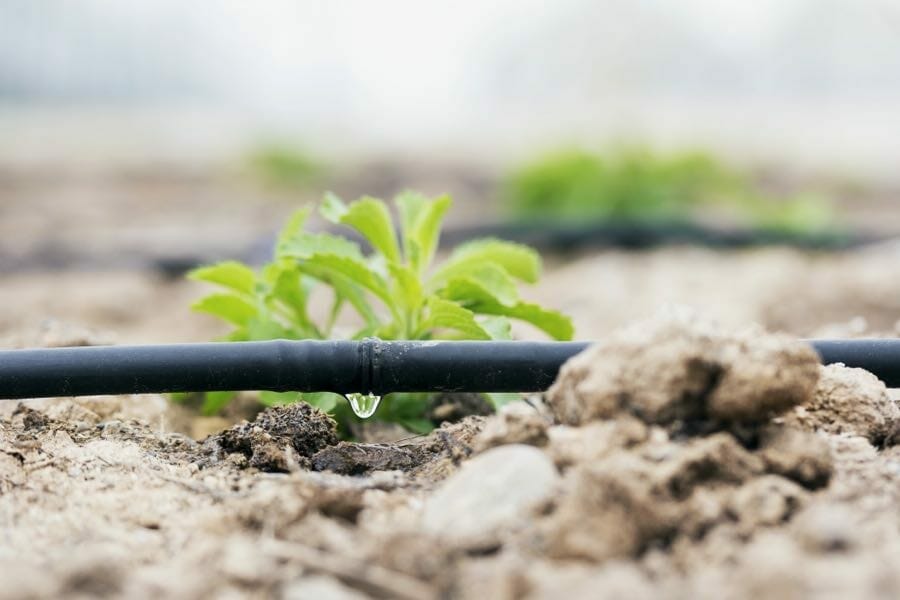
Leave a Reply